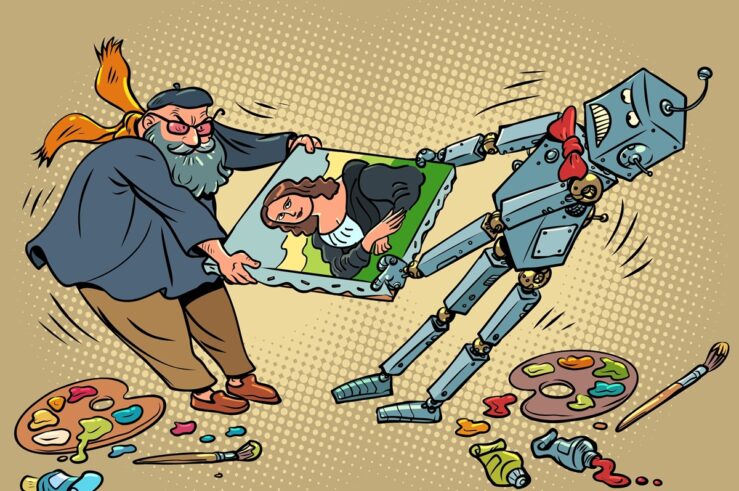In her distinguished tenure as a Commissioner and as Acting Chairman of the FTC, Maureen Ohlhausen has done an outstanding job in explaining the tie between robust patent protection and economic growth and innovation (see, for example, her Harvard Journal of Law and Technology article, here). Her latest public pronouncement on this topic, an October 13 speech entitled “Strong Patent Rights, Strong Economy,” also makes a highly valuable contribution to the patent policy debate. Ohlhausen’s speech centers on two key points: “First, strong patent rights are crucial to economic success. And, second, economically grounded analysis will reveal the right path through thickets of IP [intellectual property] skepticism.” Ohlhausen concludes with a reaffirmation of the importance of having the United States lead by example on the world stage in defending strong patent rights:
Patents have been at the heart of US innovation since the founding of our country, and respect for patent rights is fundamental to advance innovation. The United States is more technologically innovative than any other country in the world. This reality reflects, in part, the property rights that the United States government grants to inventors. Still, foreign counterparts take or allow the taking of American proprietary technologies without due payment. For example, emerging competition regimes view “unfairly high royalties” as illegal under antitrust law. The FTC’s recent policy work offers an important counterweight to this approach, illustrating the important role that patents play in promoting innovation and benefiting consumers.
In closing, while we may live in an age of patent skepticism, there is hope. Criticism of IP rights frequently does not hold up upon closer examination. Rather, empirical research favors the close tie between strong IP rights and R&D. This is not to say that changes to the patent system are always unwarranted. Rather, the key to addressing the U.S. patent system lies in incremental adjustment where necessary based on a firm empirical foundation. The U.S. economy stands as a shining reminder of everything that American innovation policy has achieved – and intellectual property rights, and patents, are the important cornerstones of those achievements.
Ohlhausen’s remarks are, as always, thoughtful and well worth studying.




